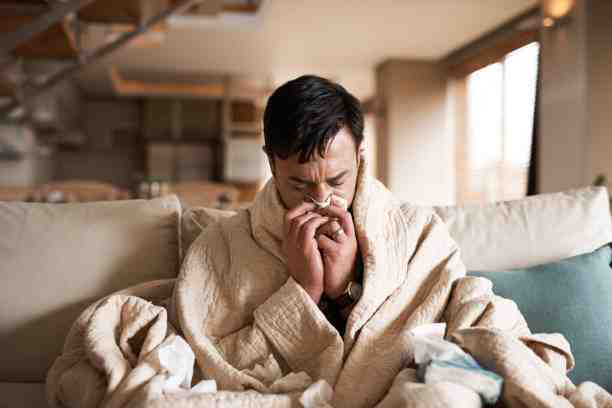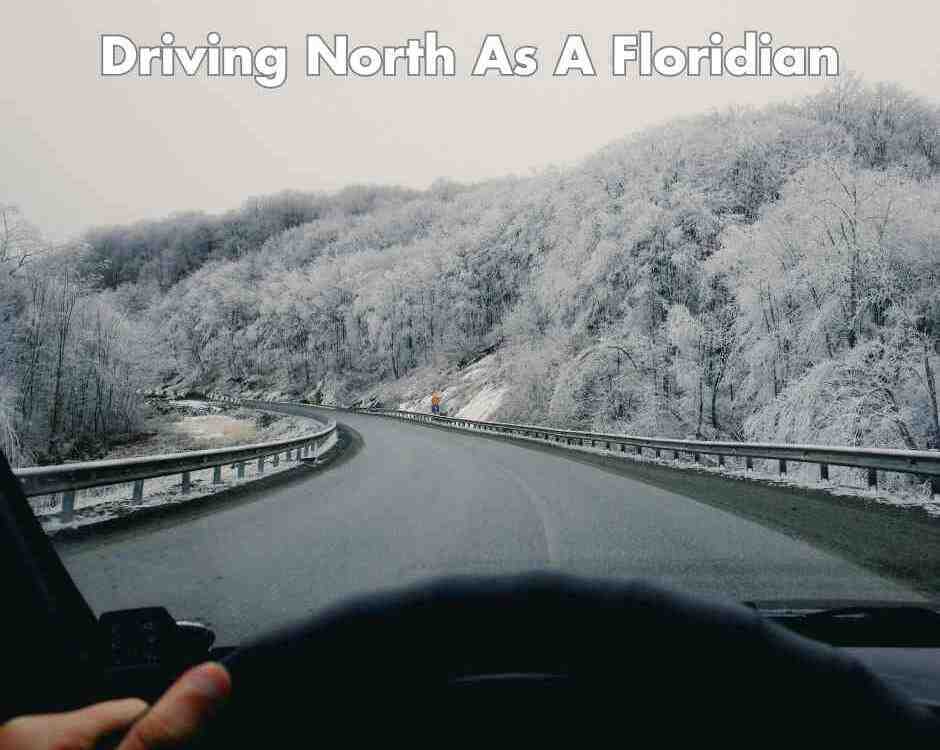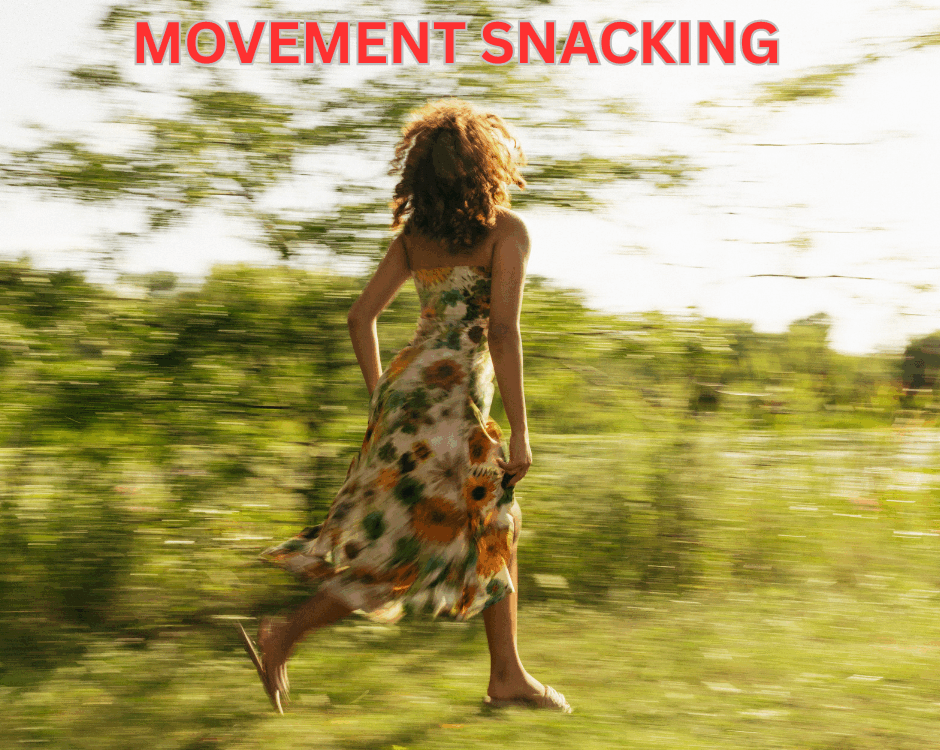Are You Going to Catch a Cold!

Importance of Vitamin D During Winter Months and Depression
November 30, 2022
How to Know if Your Accident Doctor Knows What He/She is Doing on Your First Visit
November 30, 2022You are going to catch a cold!
A common phrase heard during the winter months is “Don’t go outside with a wet head, you are gonna catch a cold.” It’s a strange thought that has persisted throughout the years. I heard this from my grandma for her entire life. She insisted we cover up our heads and make sure they were dry before going out in the cold. It was believed to come from the early 20th century scientists from World War One. It was concluded that soldiers sleeping in cold wet trenches were more likely to get colds versus those in dry barracks.
A cold is caused by one of many strains of rhinoviruses. They move in between individuals in a variety of ways. Typically, someone scratches their nose and transfers a virus to their hand which then moves through a handshake or a surface such as phone, doorknob or handle. Someone else comes along and touches that surface then touches their own nose. This transfers viruses into their own body and manifests itself as a cold virus. A cold virus can last on indoor surfaces for up to a week but is only infectious for about 24 hours depending on environmental and surface conditions. How does a wet head or cold temperature increase your chances of getting a cold? It has nothing to do with you getting a virus, but the cold temperature can make you more susceptible if you encounter the virus. A virus does not become more active because it is cold outside. The virus will not float around by itself outside waiting for you. It does not care whether your head is wet or dry. You still must have an active virus particle find itself into your nose or mouth to eventually manifest cold symptoms. The same concept applies to dressing for the cold. If your body is cold, that does not mean you are going to catch a cold. You still must have a cold virus enter your system from somewhere or someone else before you manifest cold symptoms.
The winter and cold weather can make you more susceptible to the cold virus. The increase of heat in buildings will dry out the air. This can lead the nasal passages to also dry out, making them less effective at fighting off a virus. Schools are in session putting all our children in close proximity with each other, increasing the chance of bringing a cold virus into your home. People tend to crowd inside more during the cold weather, and this puts everyone else in close proximity increasing chances of the virus spreading. In the end you still must have a live virus enter your system. Without the virus the environmental factors do not matter.
- Aaron Workman, DC
If you or somebody you know has been in a car accident, be sure that you seek medical attention from a car accident doctor or car accident chiropractor to treat your injuries. Visit Chambers Medical Group to receive world-class medical treatment for your injuries.
Chambers Medical Group has car accident medical clinics in the following locations:
- Car Accident Medical Clinic in Tampa
- Car Accident Medical Clinic in Plant City
- Car Accident Medical Clinic in Brandon
- Car Accident Medical Clinic in Lakeland
- Car Accident Medical Clinic in Sarasota
- Car Accident Medical Clinic in Louisville
- Car Accident Medical Clinic in Lexington
- Car Accident Medical Clinic in Florence




